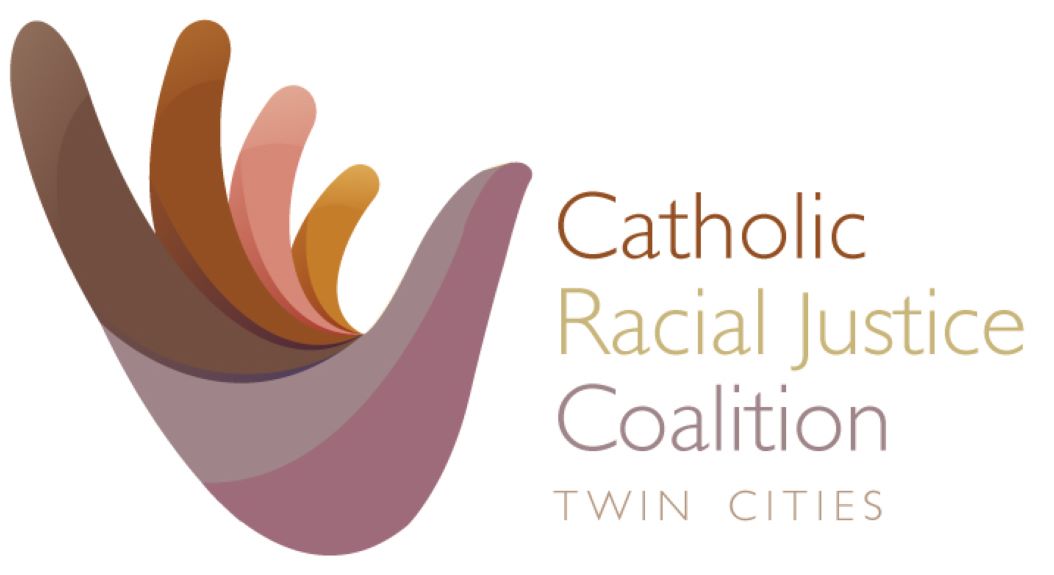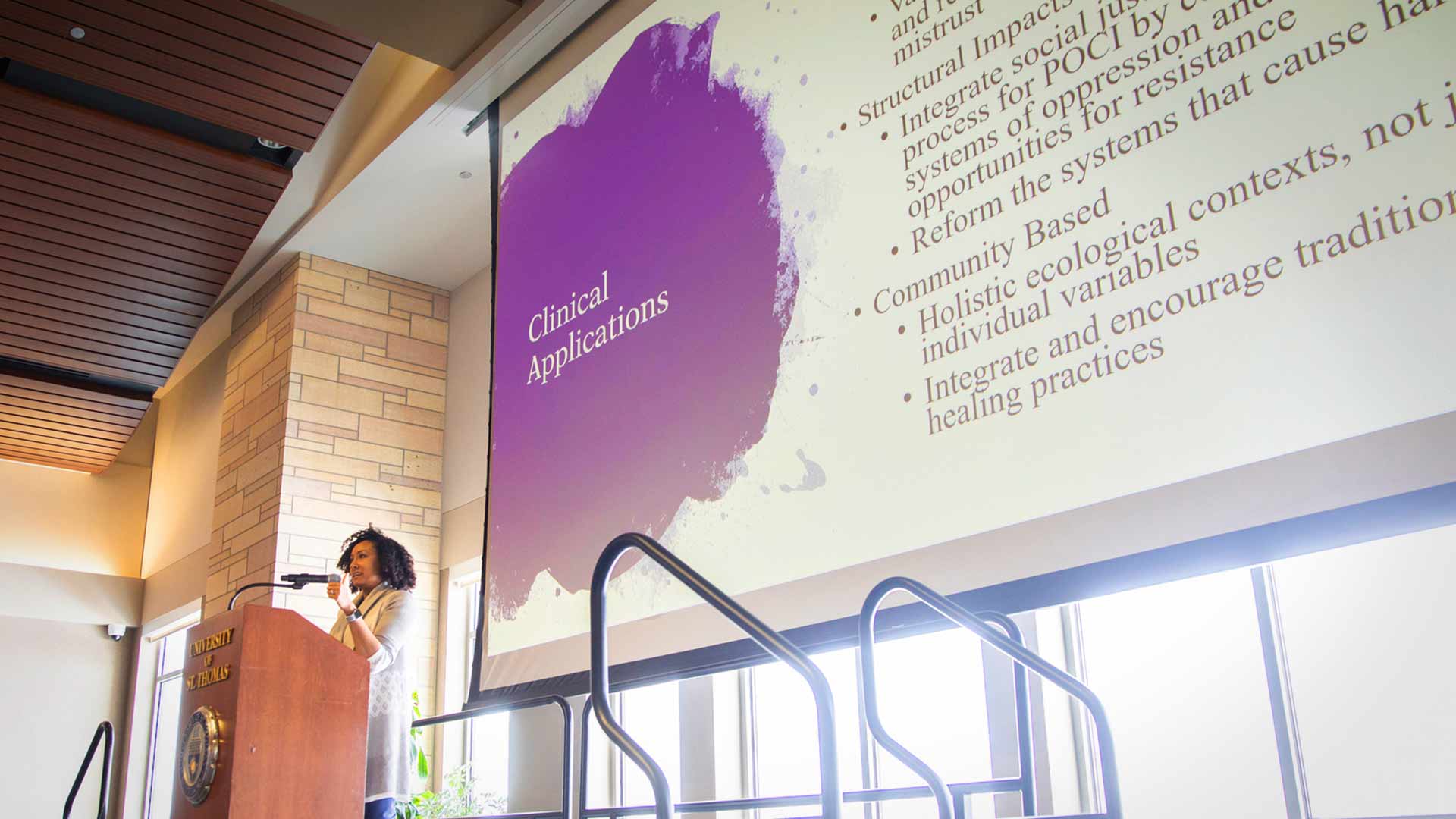
Education and Outreach
Grounded in the Catholic intellectual tradition and aligned to St. Thomas Law’s social justice mission, the Initiative on Restorative Justice and Healing (IRJH) is committed to educating law students and the legal community about restorative justice and providing them with tools they can use as an alternative or complement to traditional punitive systems.
The IRJH offers an academic course on Restorative Justice, Law and Healing for upper-level St. Thomas Law students that is the first of its kind in Minnesota and facilitates a university-wide working group on restorative practices for interested faculty, staff and students
LAWS 800: Restorative Justice & Healing
Course Overview
In this course, students learn the theory of restorative justice, its history and origins, various restorative practices, correlative values, and gain practical knowledge and skills to facilitate the use of restorative justice in the practice of law and beyond. The Catholic intellectual tradition is a foundation for the course as it effectively and dynamically interfaces with the values and goals of restorative justice. Multiple guest speakers are invited to share their wisdom and stories throughout the semester.
Guest Speakers
Attorneys, restorative justice practitioners, judges, probation officials, victim-survivors and others give a real-life perspective on the topics under discussion each day.
Learning Objectives
In this course, law students will:
- learn the theory of restorative justice, its history and cultural origins, various restorative practices, correlative values, the practical application of RJ to various disciplines and professions;
- learn how the Catholic intellectual tradition serves as the foundation for the ways the course evaluates the values and goals of RJ; and
- explore how restorative justice and restorative practices interface with multiple issues and disciplines, including racial justice, criminal justice, juvenile justice, education, sexual violence, institutional and corporate harm, polarization and various justice movements related to veterans.
Course Overview
In this course, students learn the theory of restorative justice, its history and origins, various restorative practices, correlative values, and gain practical knowledge and skills to facilitate the use of restorative justice in the practice of law and beyond. The Catholic intellectual tradition is a foundation for the course as it effectively and dynamically interfaces with the values and goals of restorative justice. Multiple guest speakers are invited to share their wisdom and stories throughout the semester.
Guest Speakers
Attorneys, restorative justice practitioners, judges, probation officials, victim-survivors and others give a real-life perspective on the topics under discussion each day.
Learning Objectives
In this course, law students will:
- learn the theory of restorative justice, its history and cultural origins, various restorative practices, correlative values, the practical application of RJ to various disciplines and professions;
- learn how the Catholic intellectual tradition serves as the foundation for the ways the course evaluates the values and goals of RJ; and
- explore how restorative justice and restorative practices interface with multiple issues and disciplines, including racial justice, criminal justice, juvenile justice, education, sexual violence, institutional and corporate harm, polarization and various justice movements related to veterans.
Restorative Justice Externship
As an extern, students have the opportunity to apply the knowledge they gain in the Restorative Justice, Law and Healing course by participating in a community restorative justice program.
Coalitions & Partnerships


Catholic Racial Justice Coalition
The Catholic Racial Justice Coalition (CRJC) of the Twin Cities works collaboratively to build just relationships, heal the wounds created by racism and discrimination, and contribute to ending injustice within our communities and collective Catholic organizations.
The CRJC was founded in the summer of 2020. A working group of designates from each coalition member organization began meeting regularly in January 2021 with the understanding that together we can do more to promote racial justice than we can do alone.
